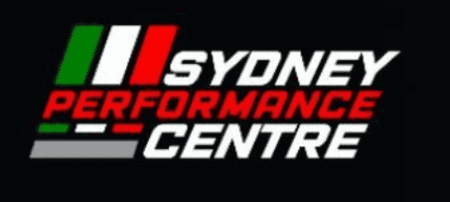Self-assessment of the board is a crucial management practice that top-performing boards employ to ensure long-term governance. It requires the board to step back from the day-today routine and evaluate its effectiveness. This allows the board members to resolve issues that might otherwise cause tension and frustration.
There are many ways to conduct a self-assessment of your board including interviews and surveys to guided discussions. The best method is based on the size of the board, the available resources and the depth you want to take into the assessment.
If you decide to go with the method be sure to establish the objectives of the assessment. Do you wish to improve accountability, improve governance, or match governance with organizational objectives? Once you’ve decided you can then pick an evaluation tool.
Certain tools let you compare results against other health systems and hospitals and others focus exclusively on the governance practices of your company. Whatever you decide to use it is essential that the tools used are impartial and don’t call out the individual directors. This will create a secure environment for honest feedback.
Many boards also use the peer review process, which asks board members to evaluate their peers as directors. This is a valuable and productive procedure, but it’s vital that the process is private. Some directors might be reluctant to criticize a director for fear of repercussions. In this situation, it is often better to let the facilitator read the responses to determine what information is relevant to share with the board.
